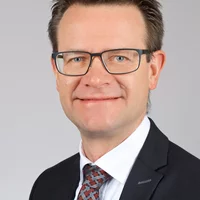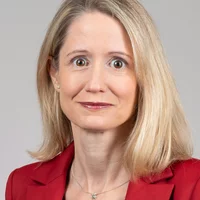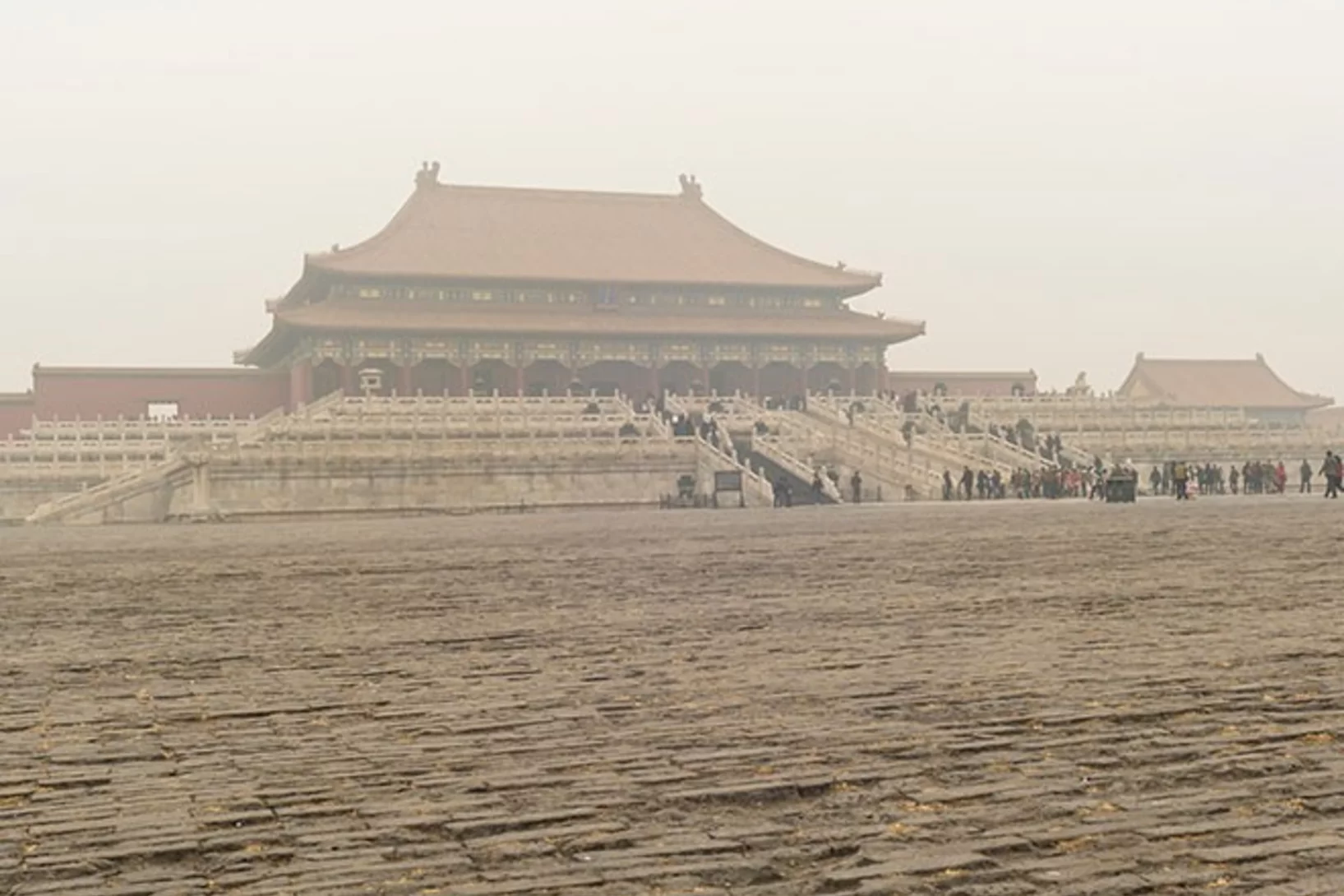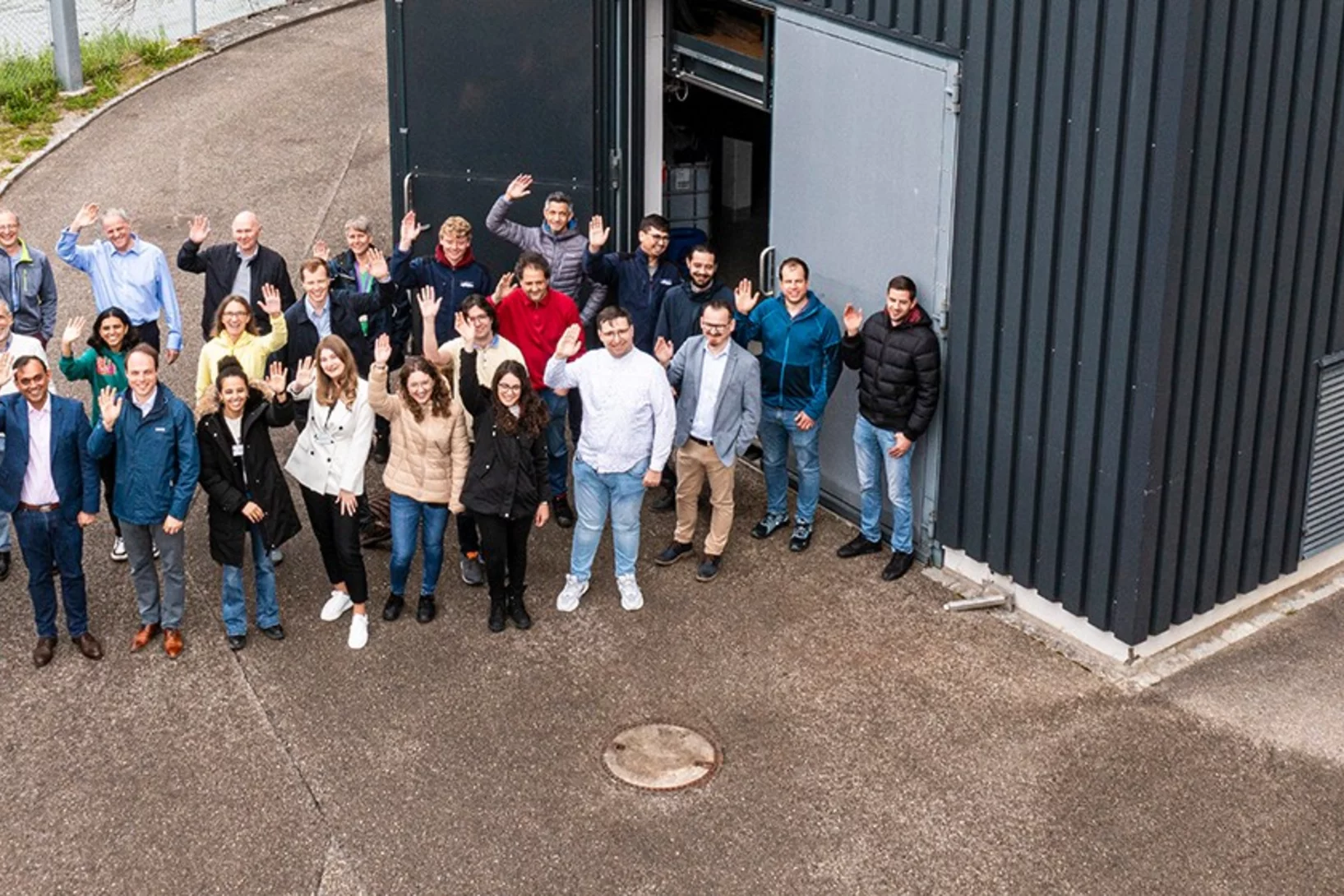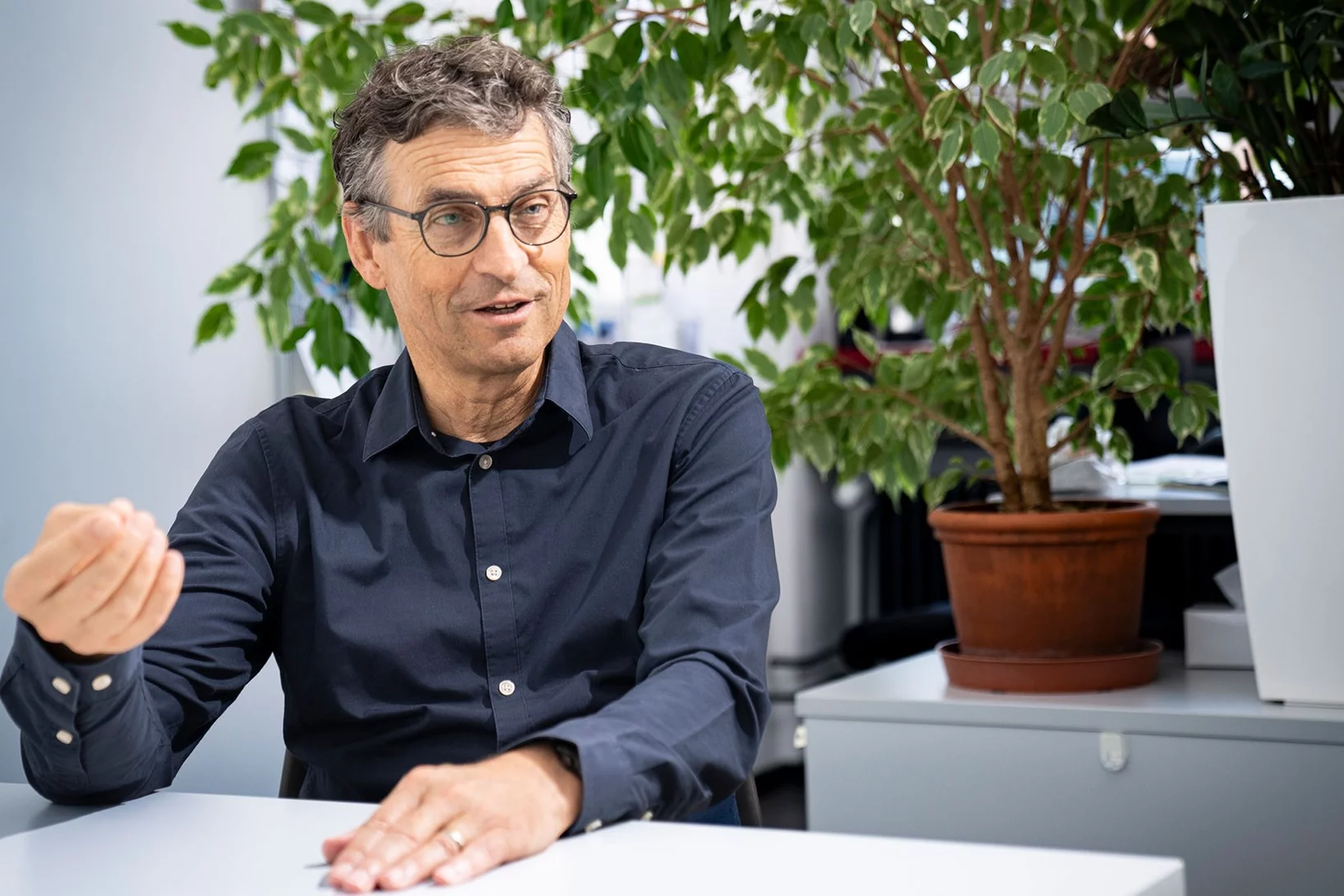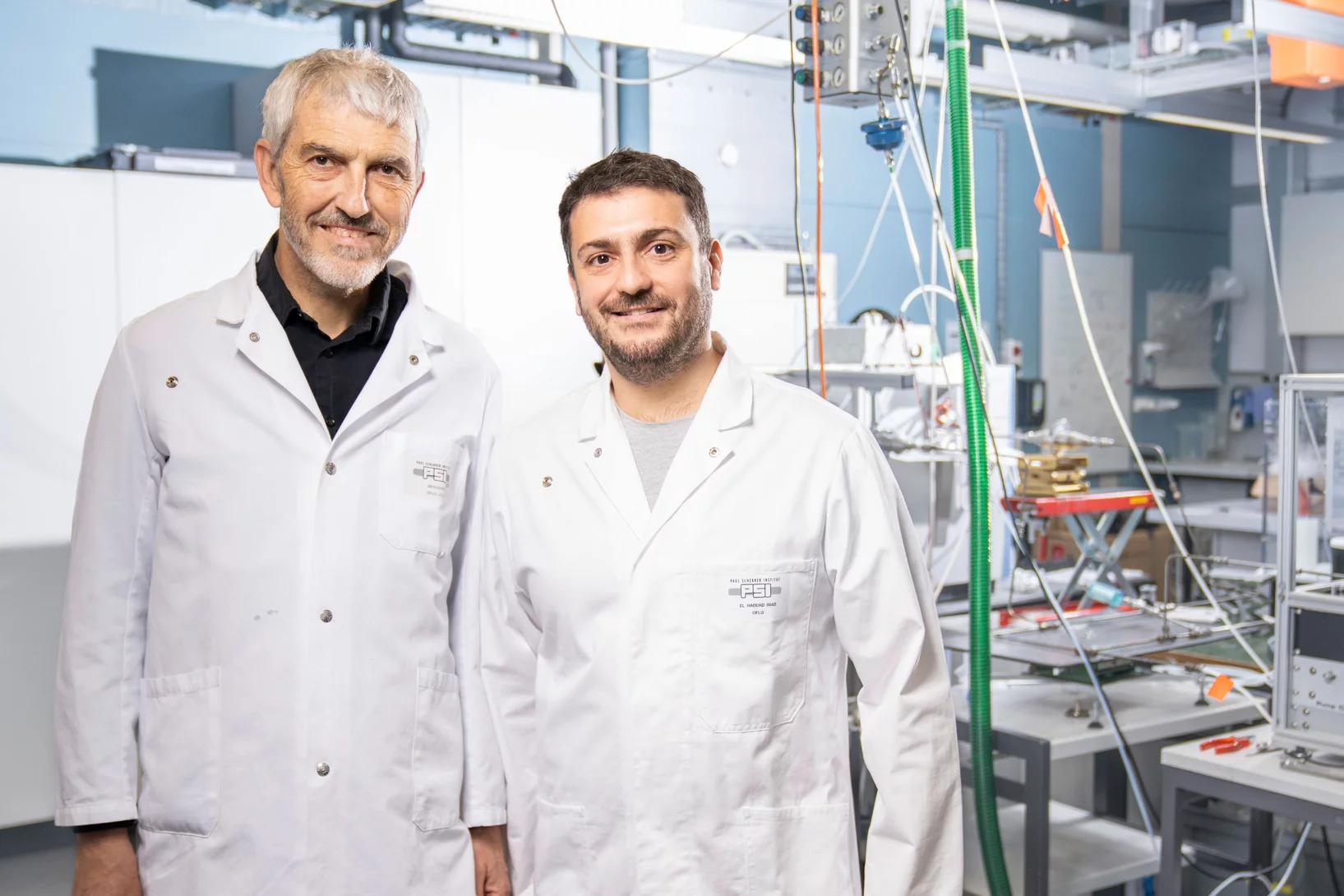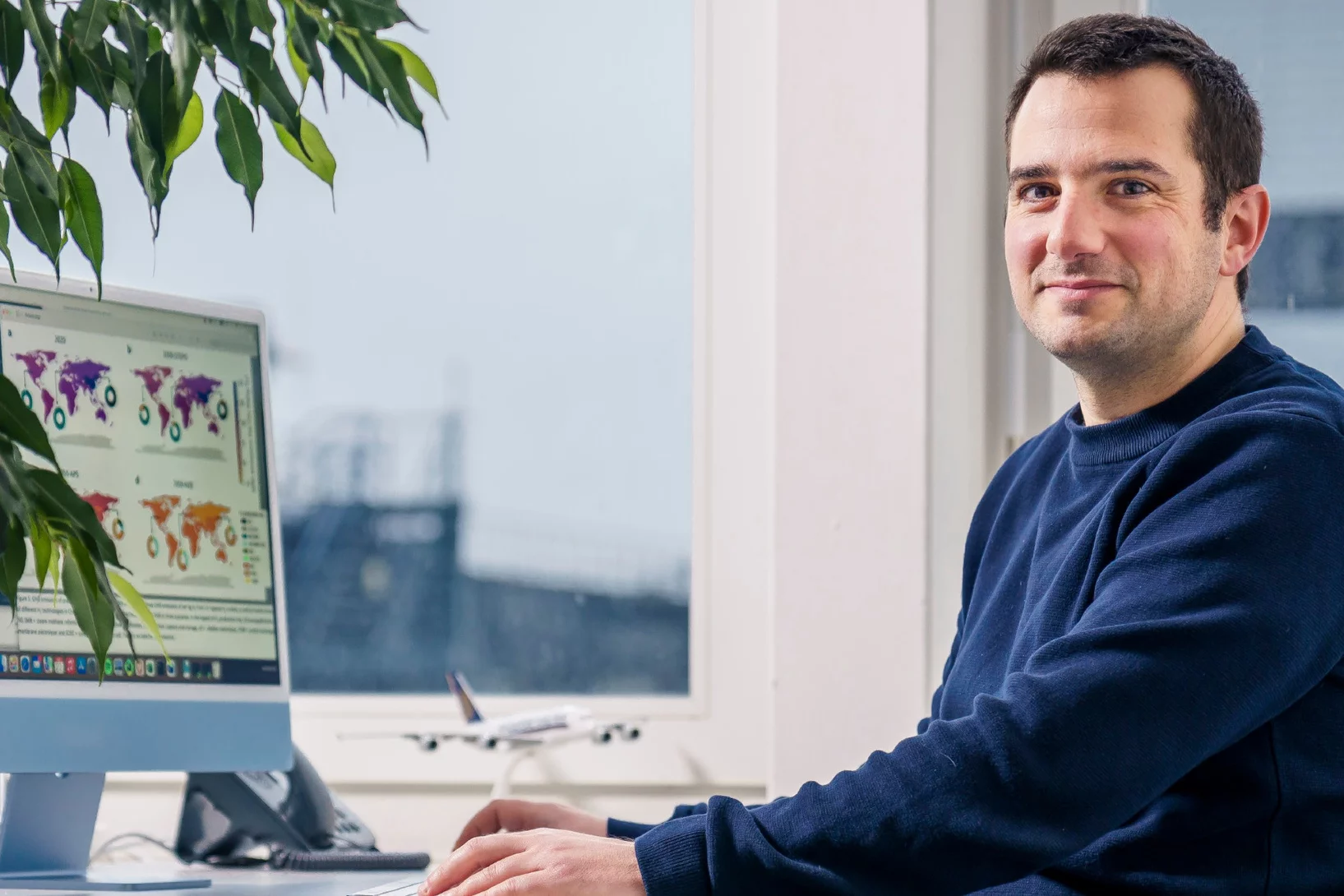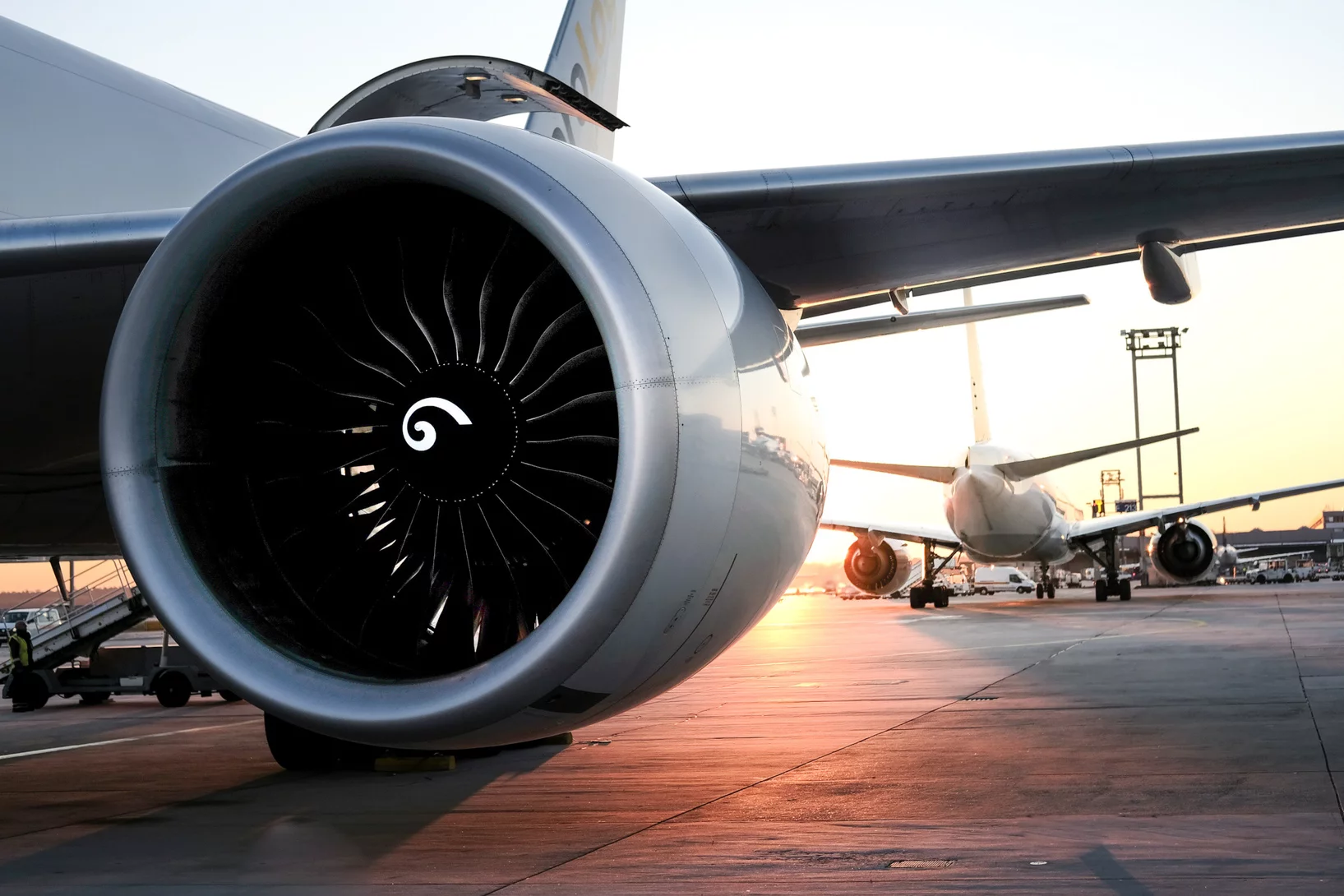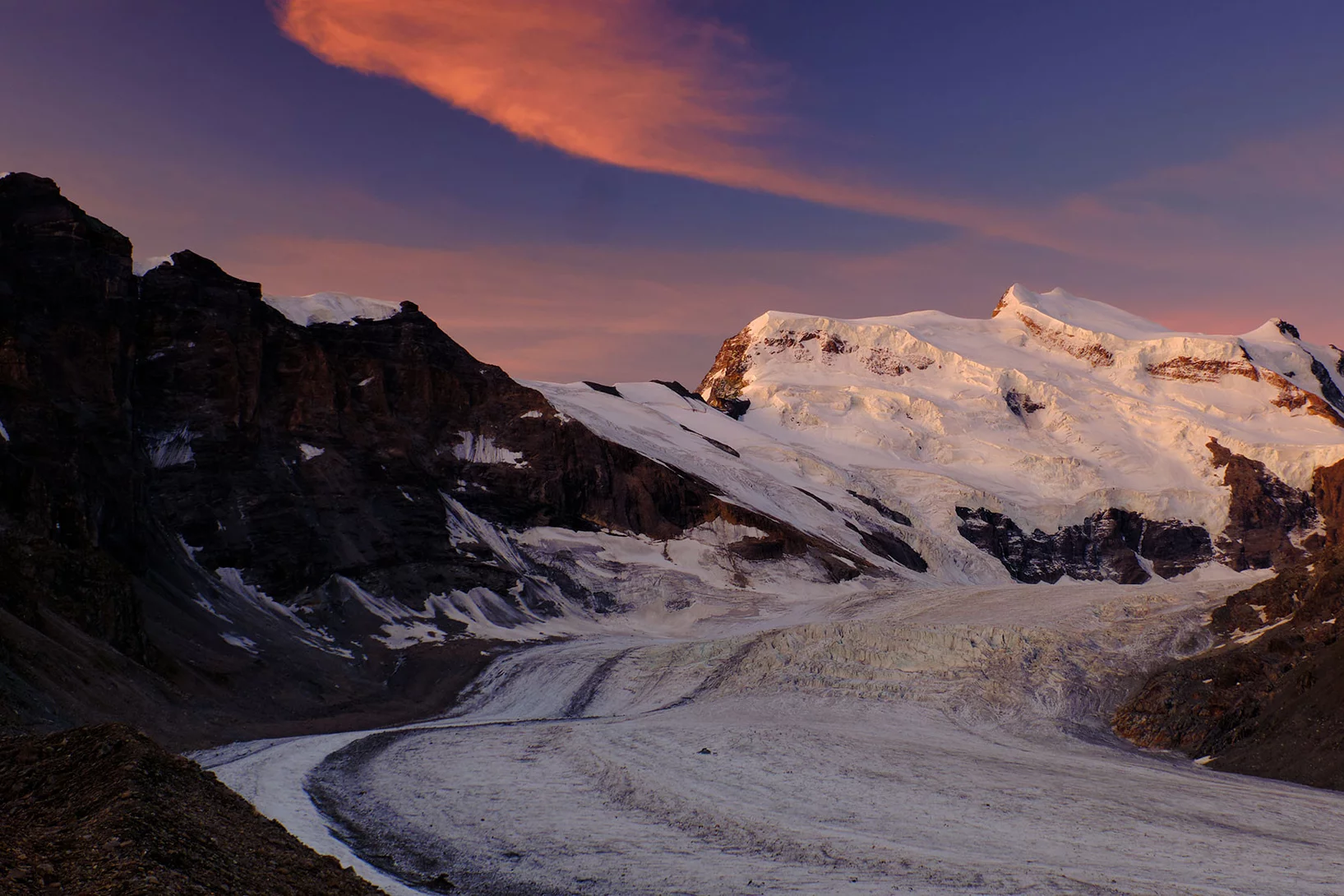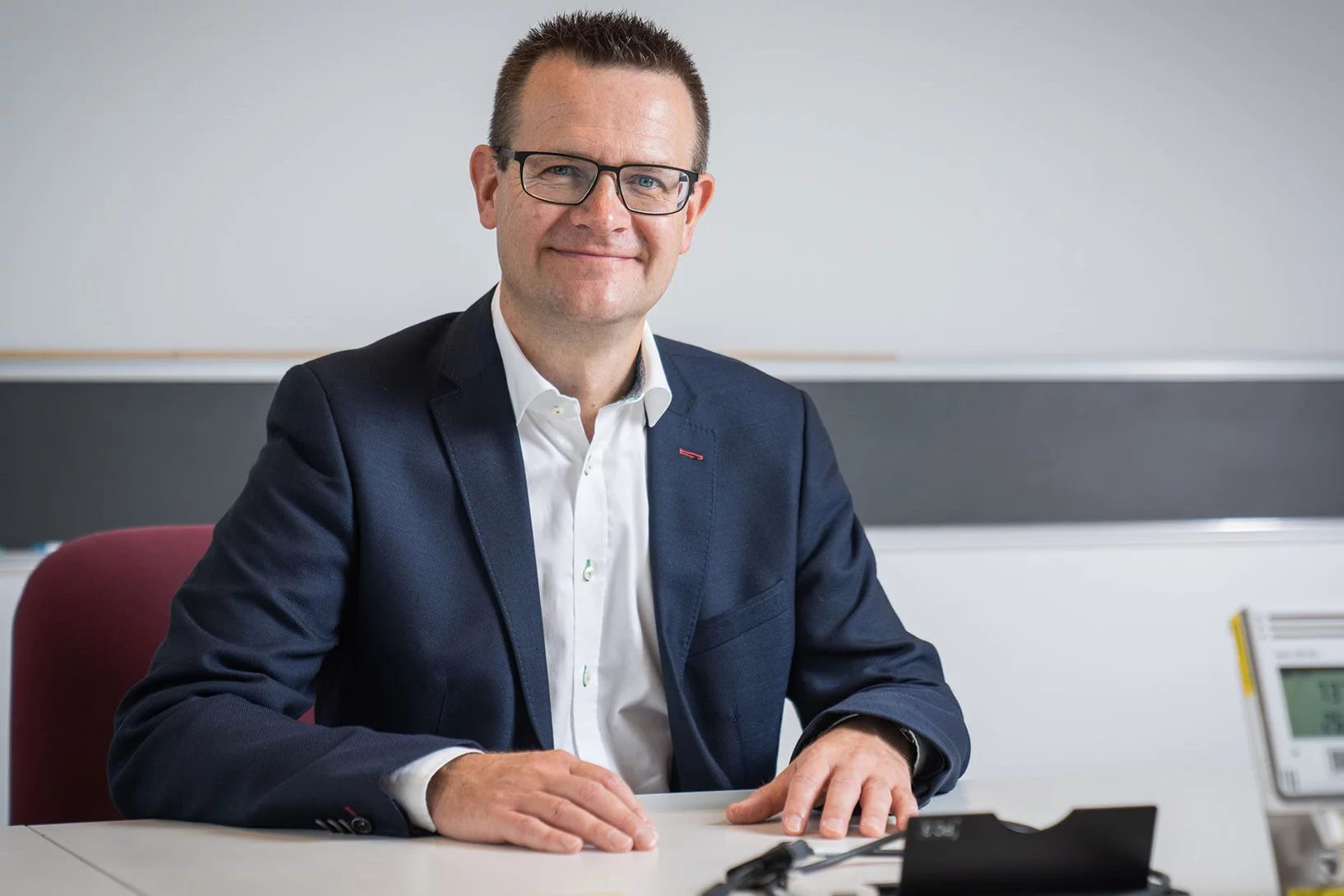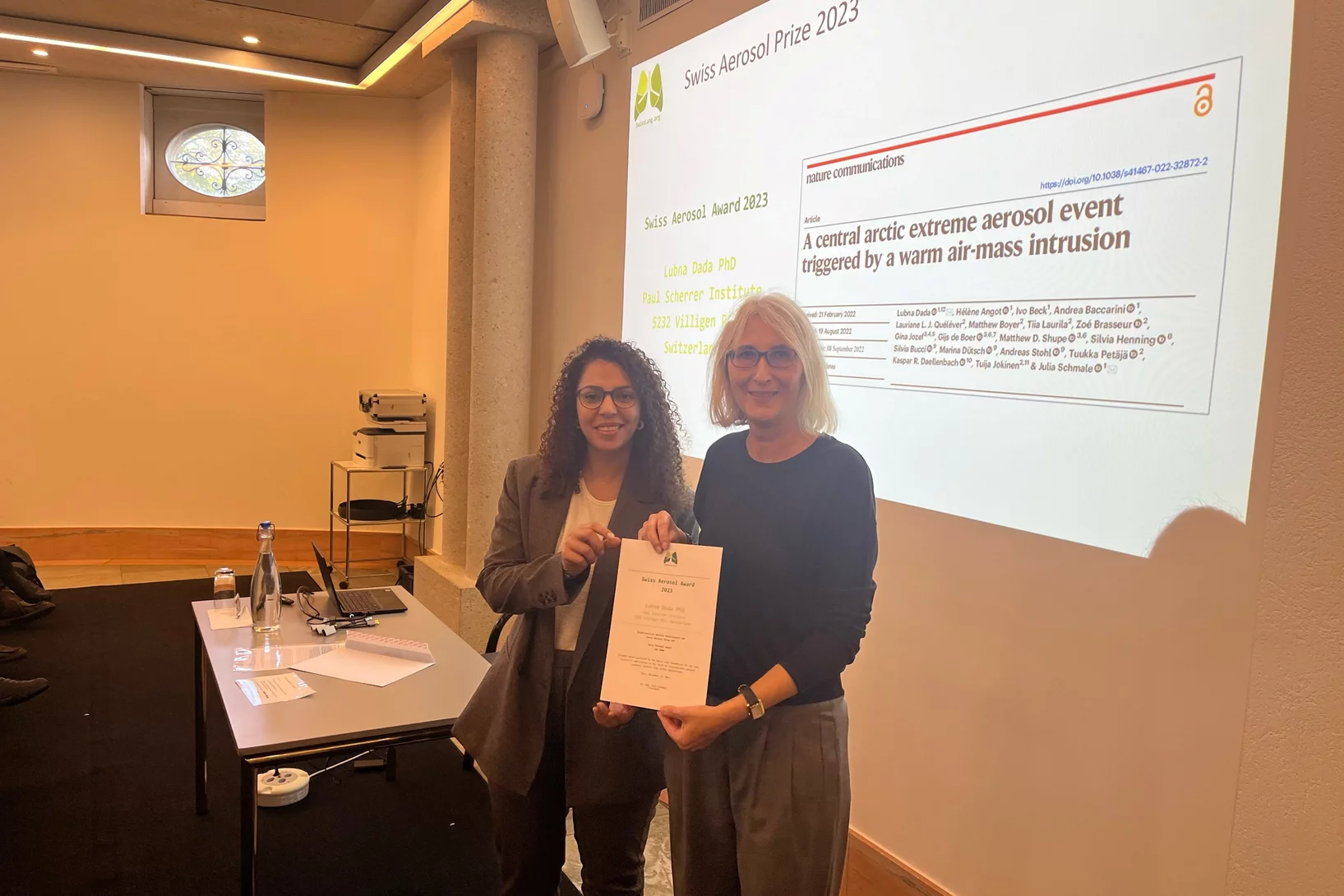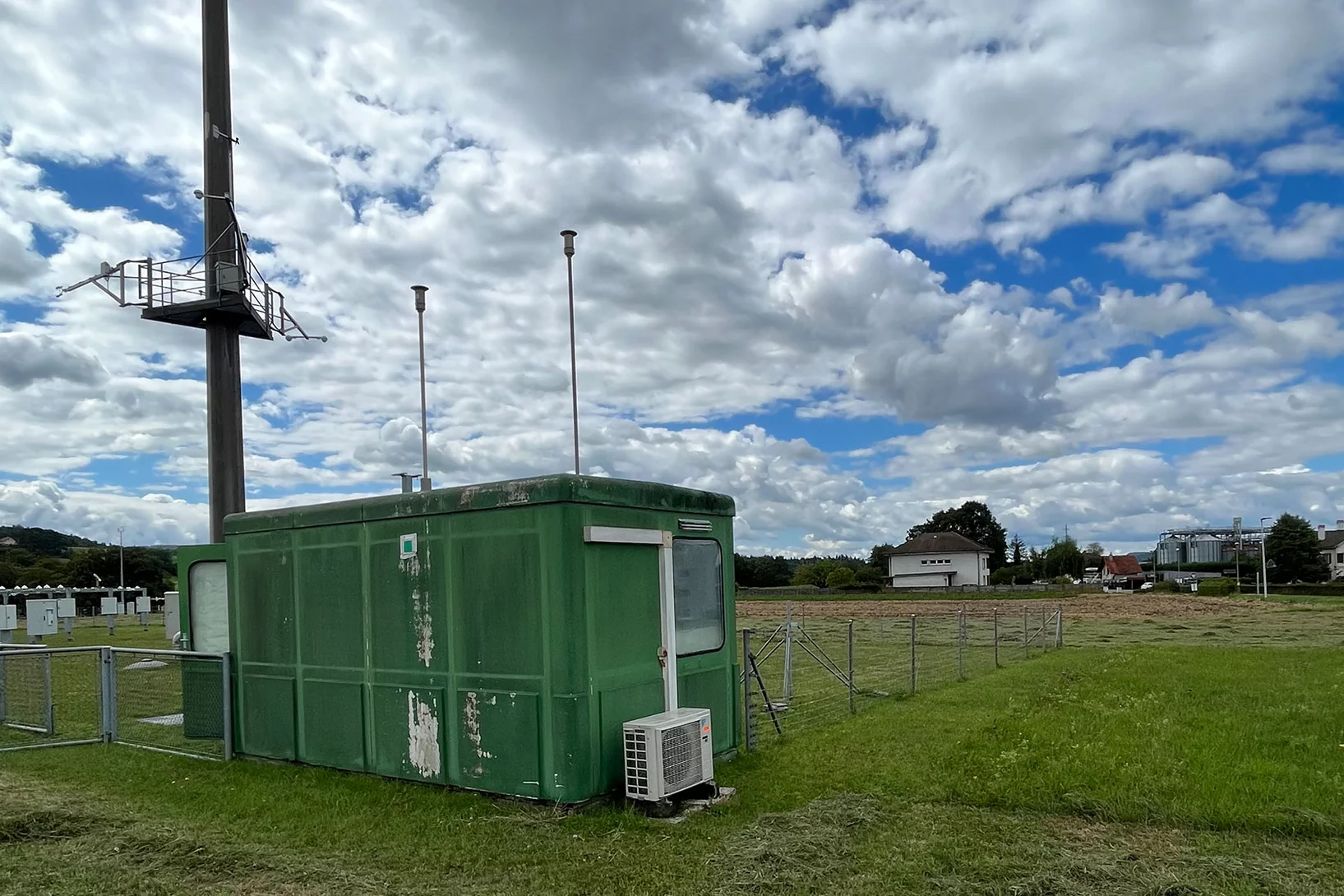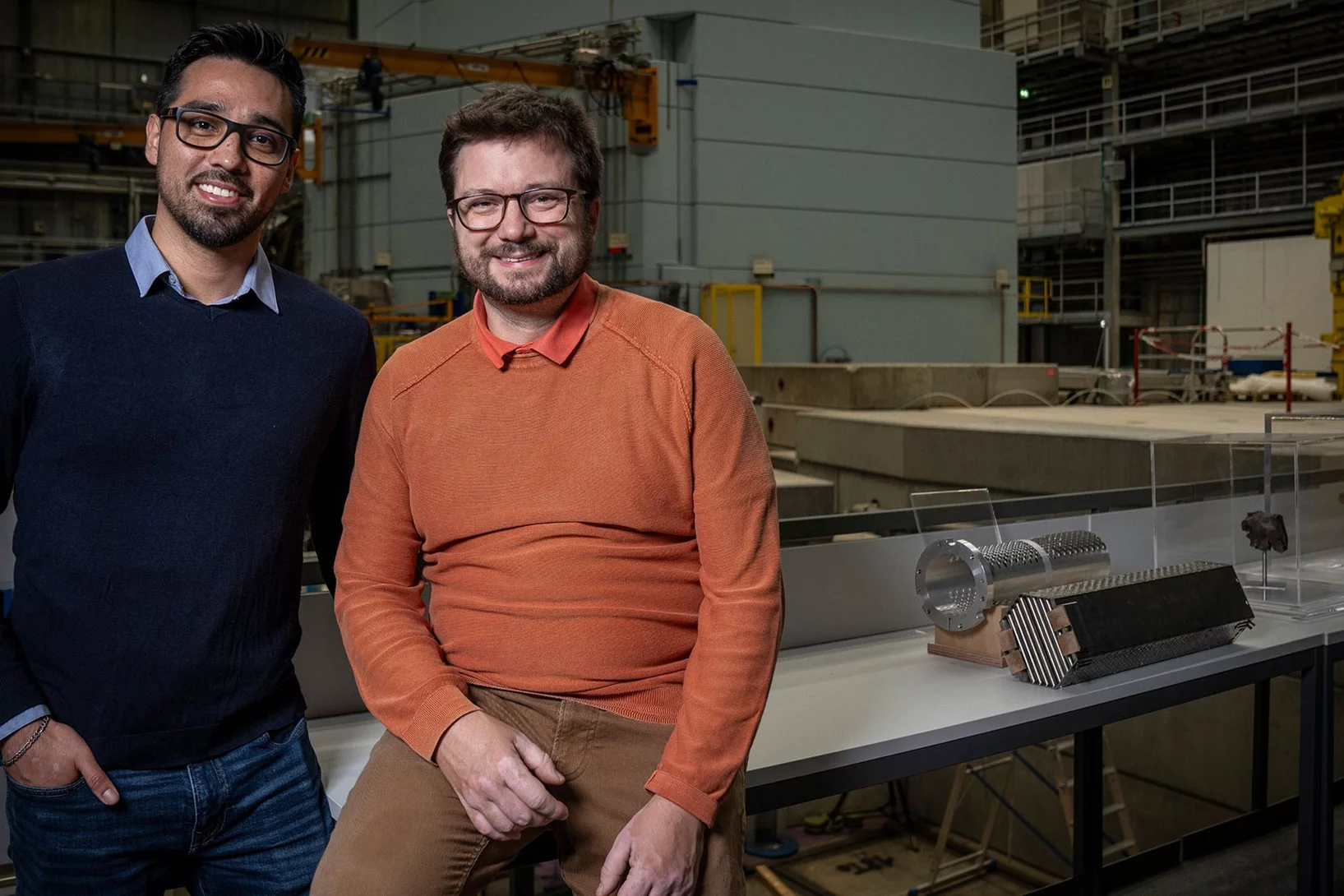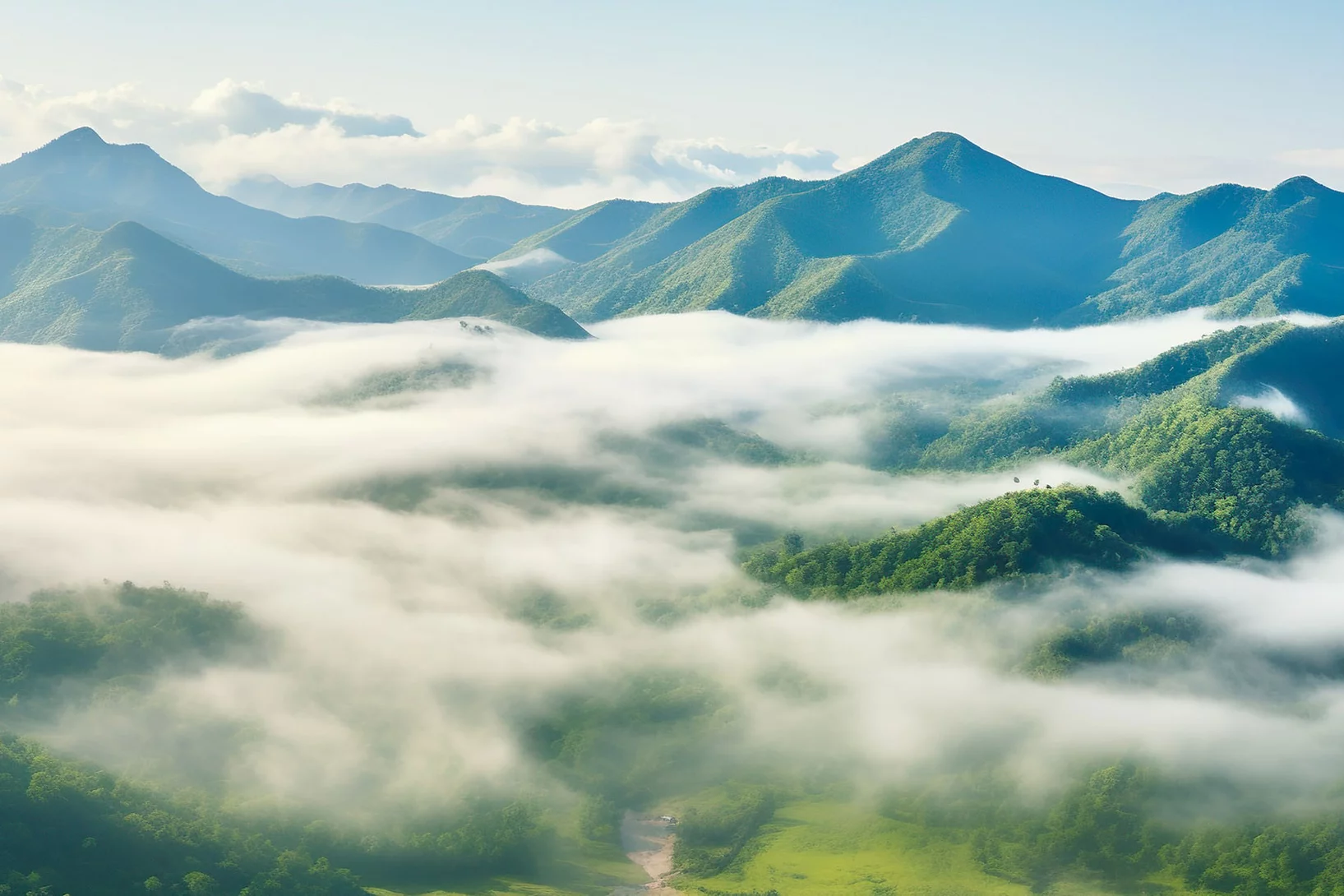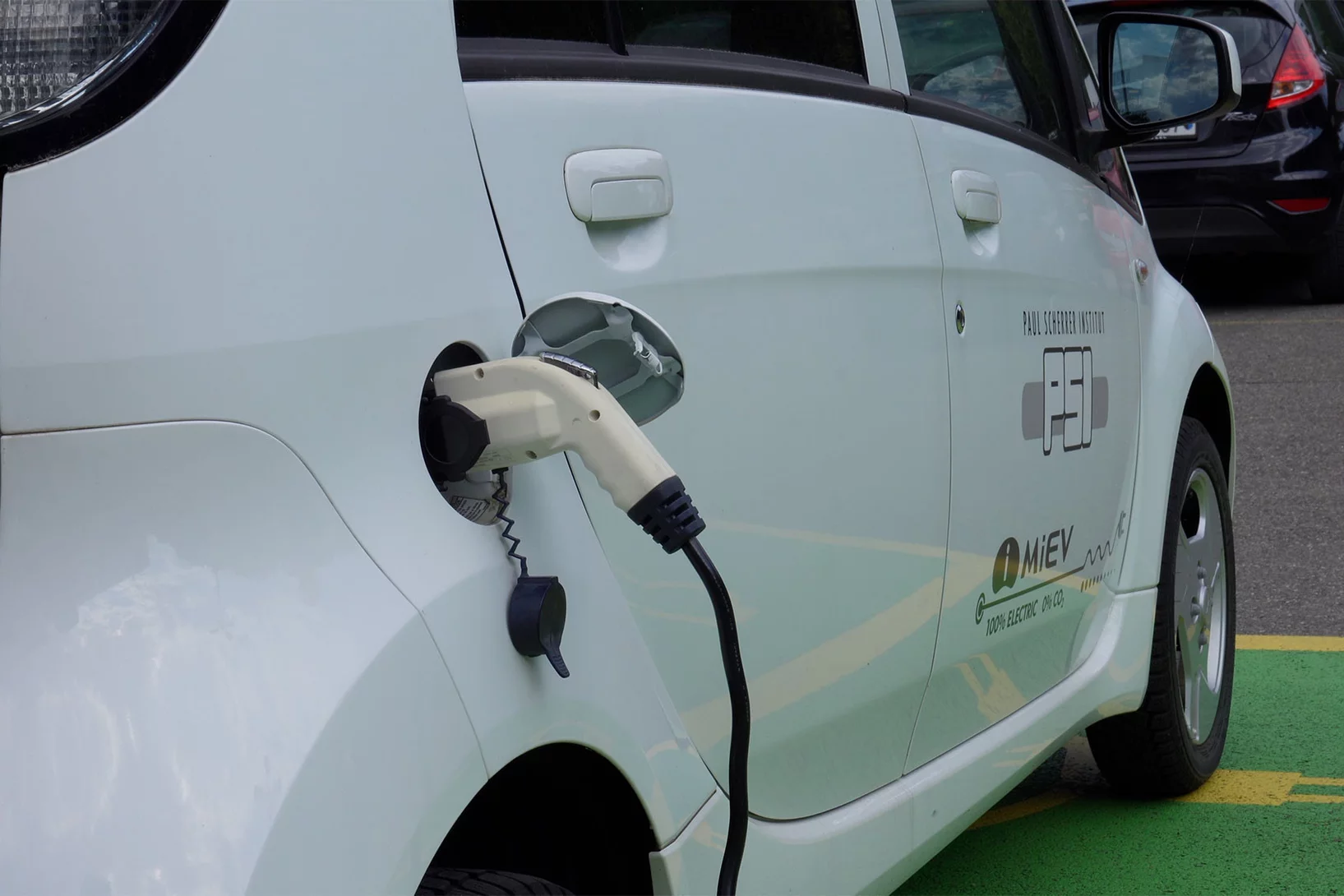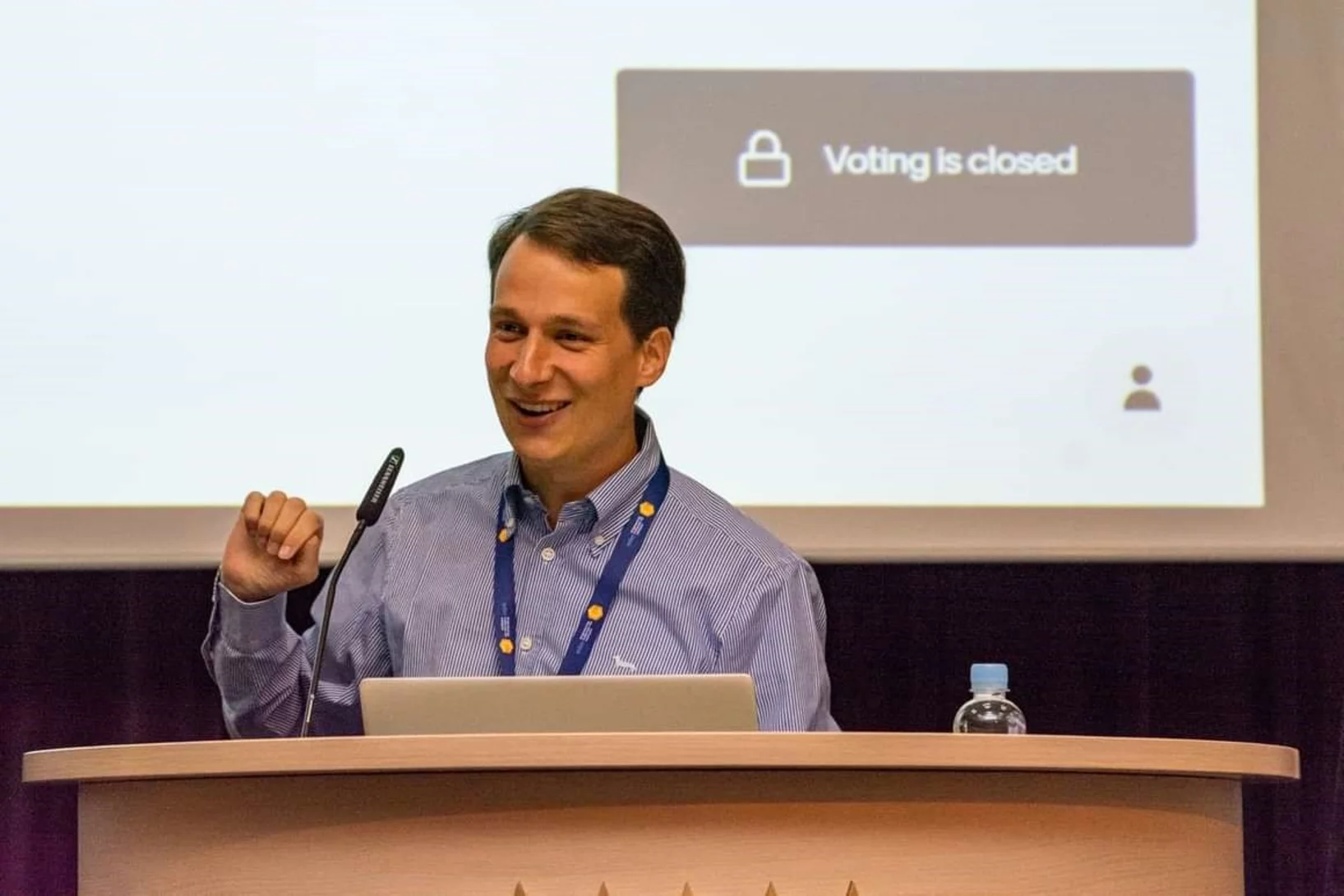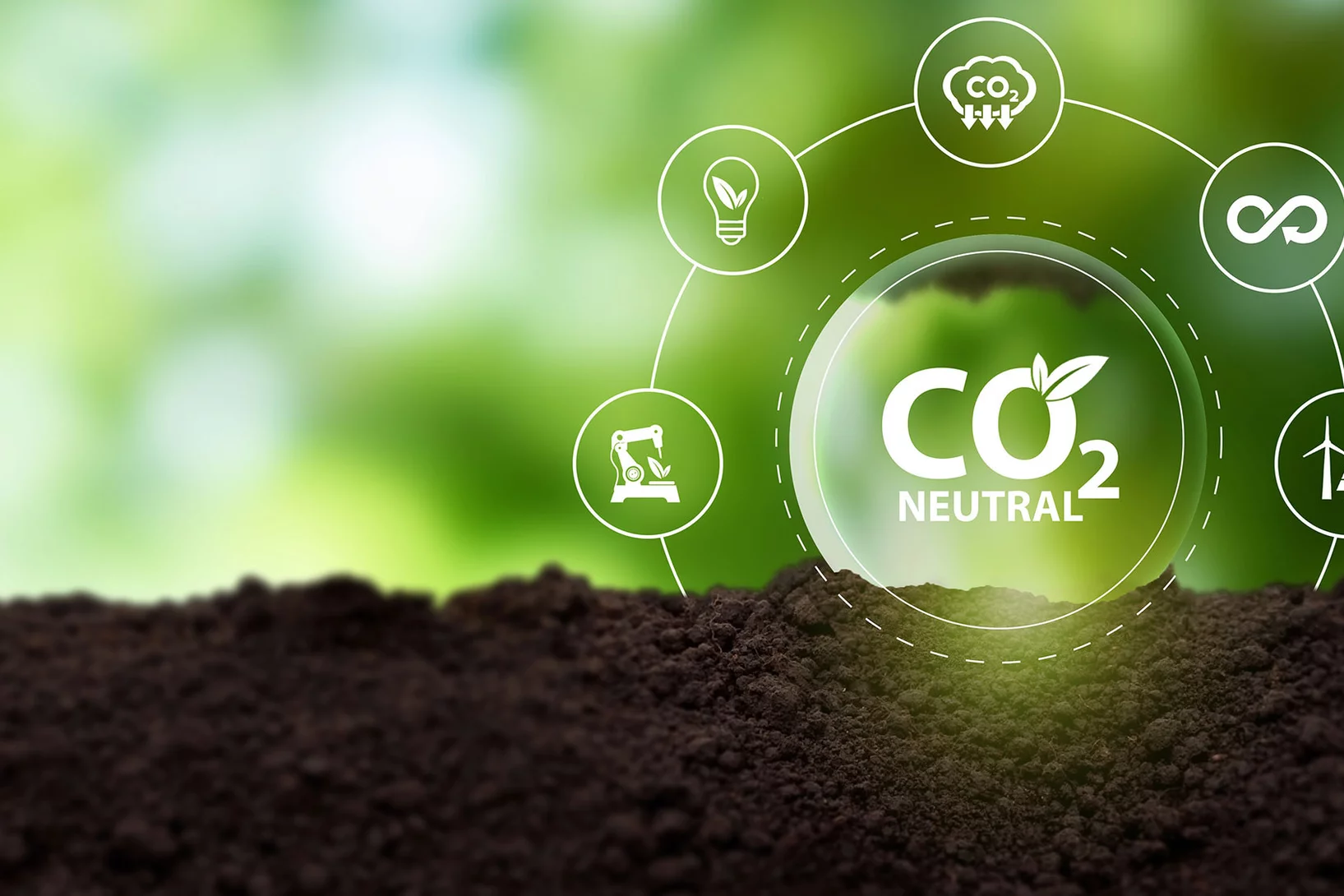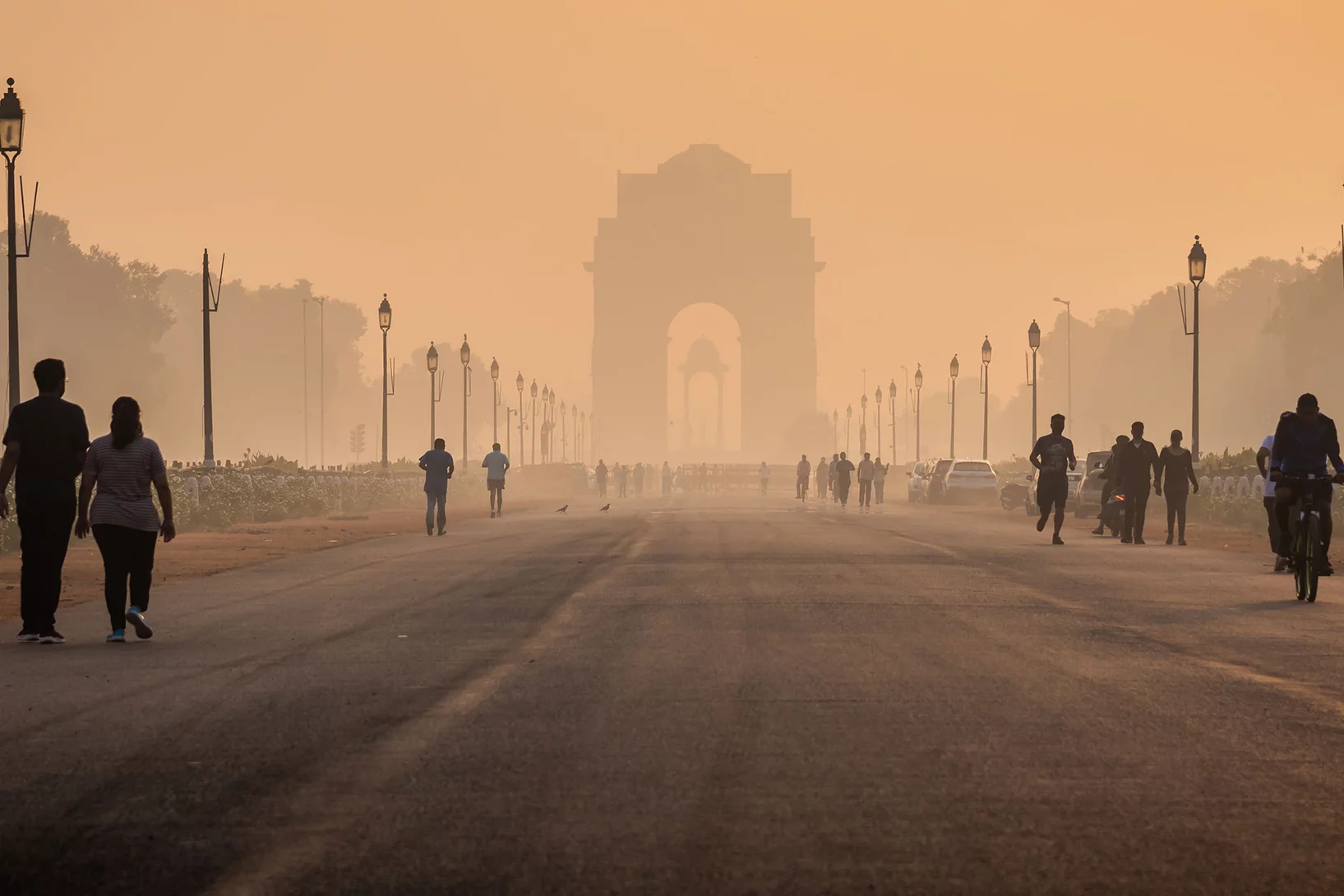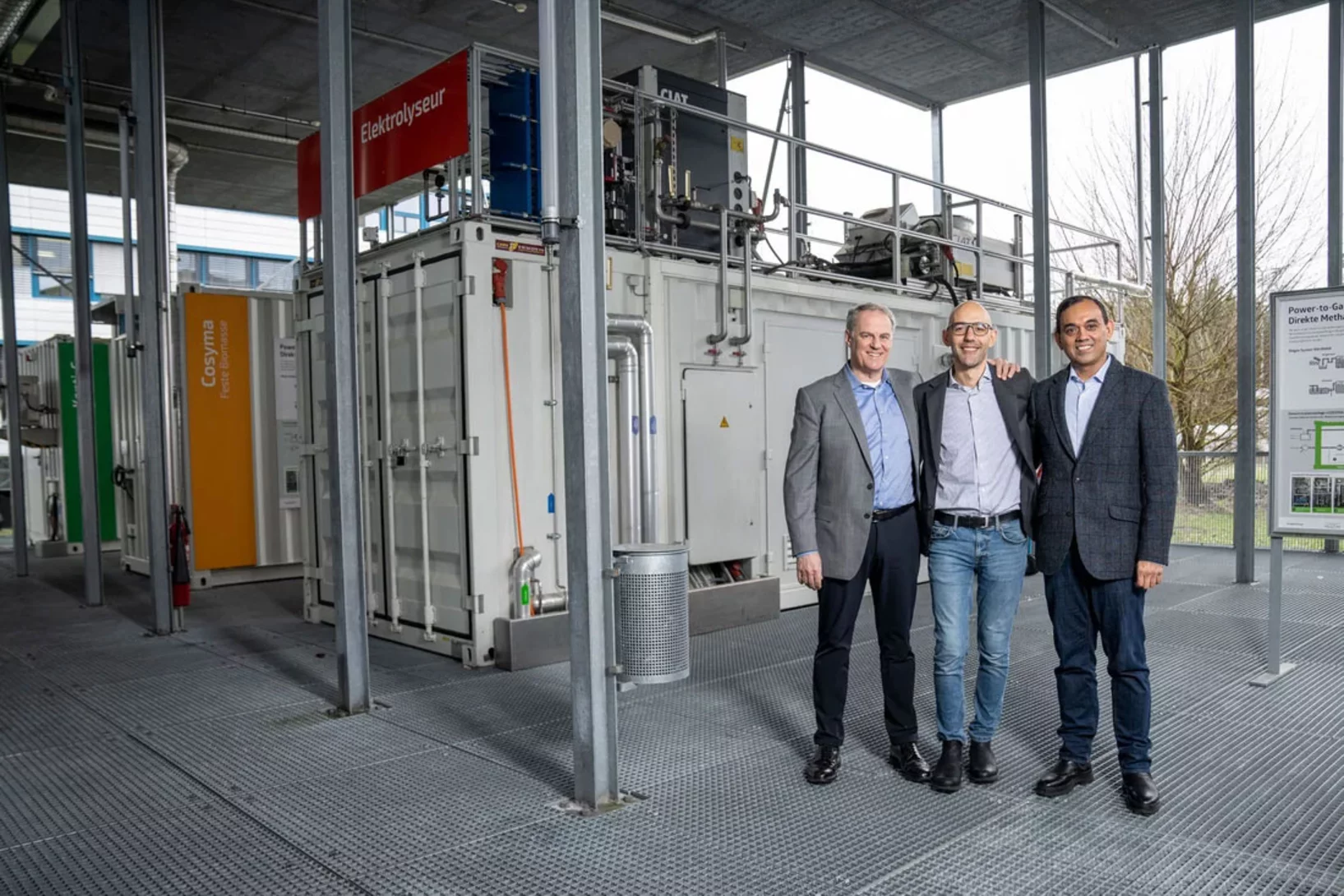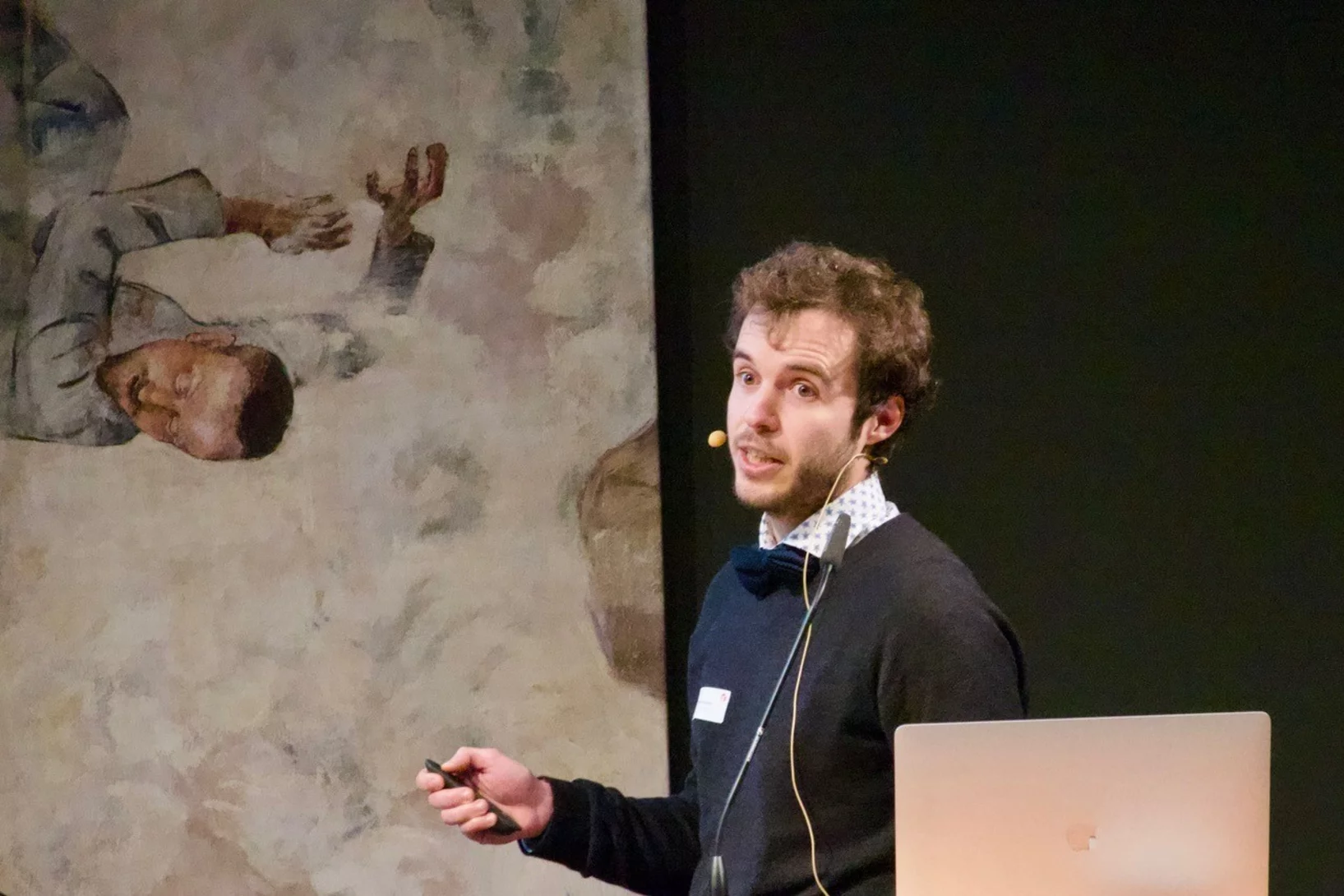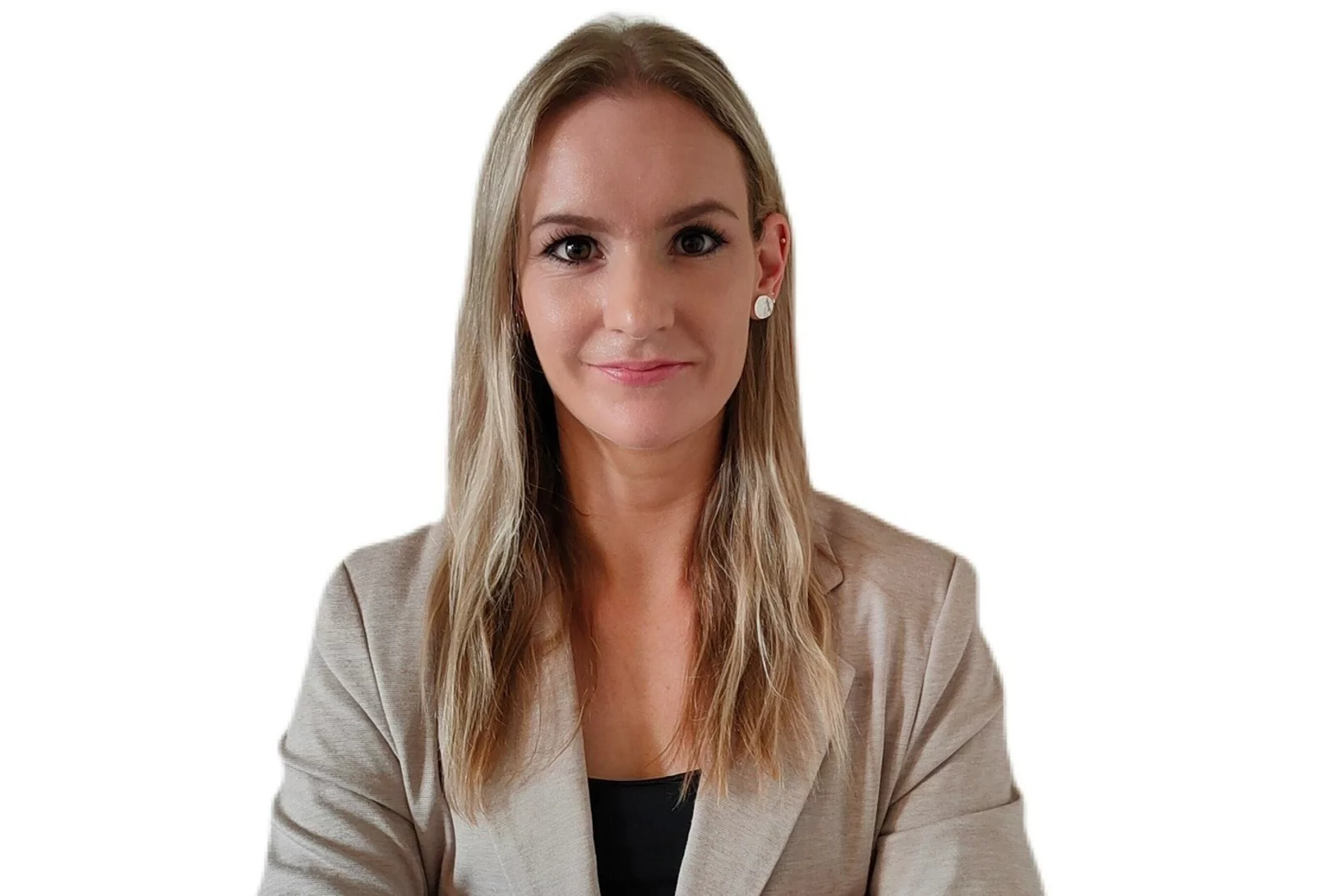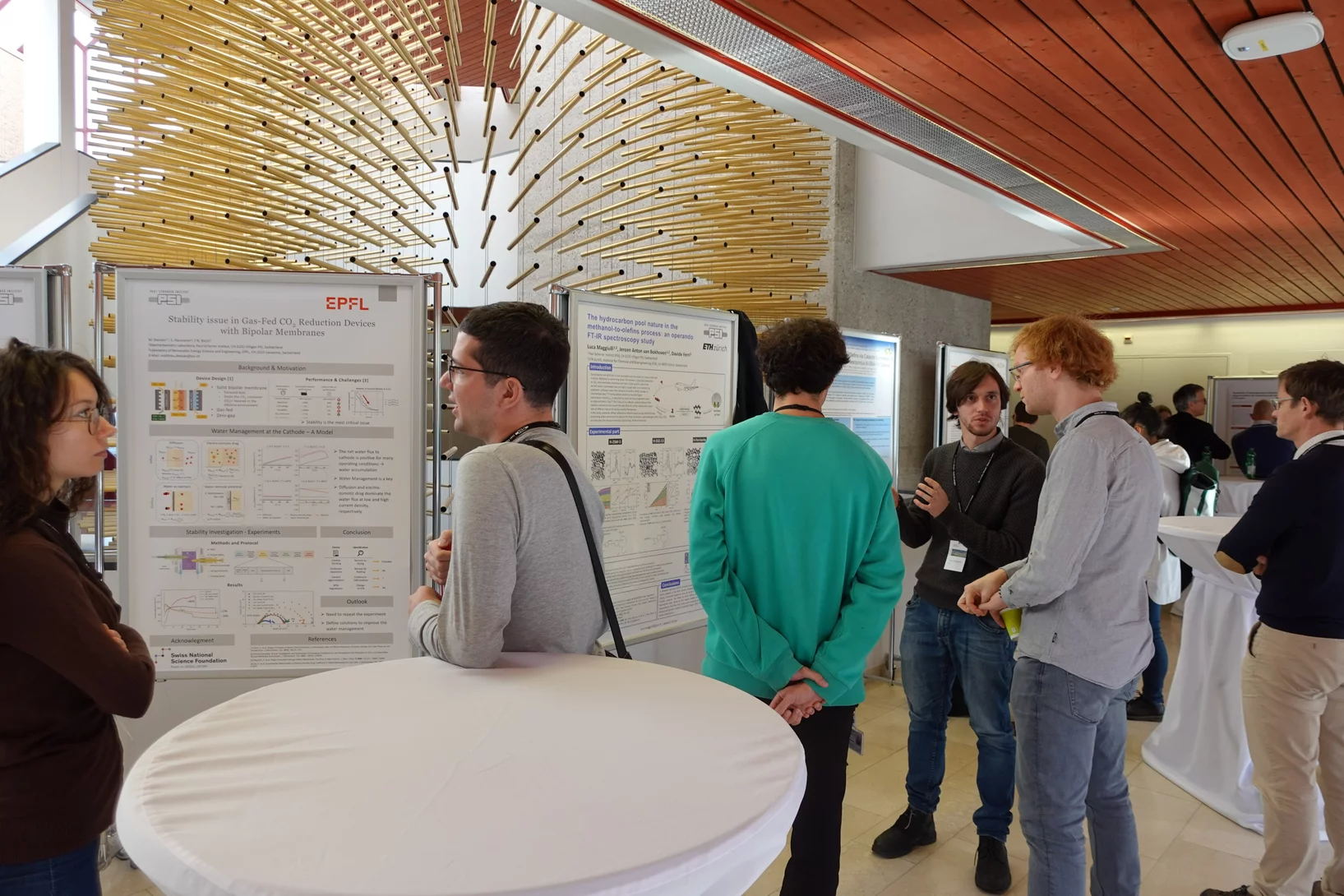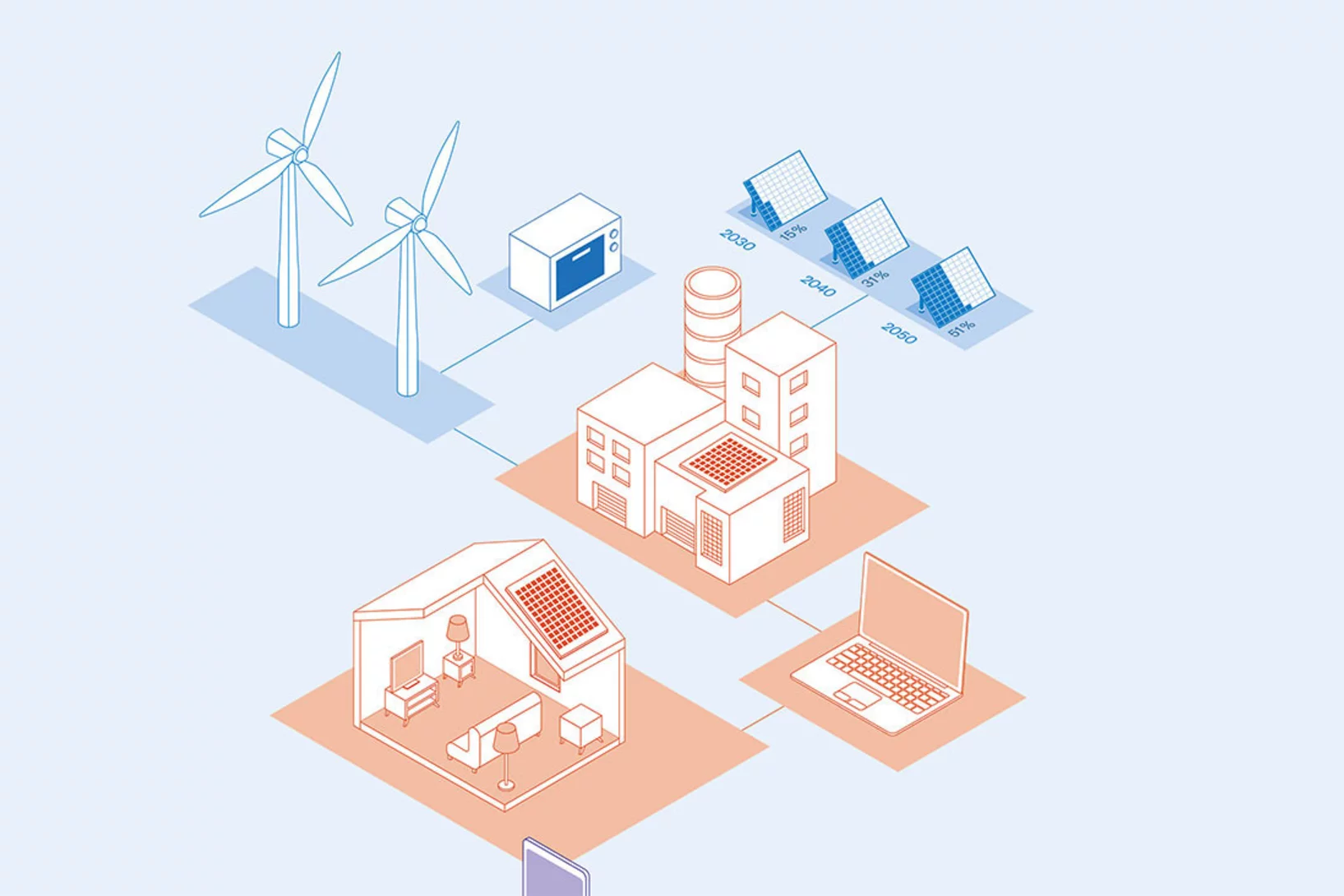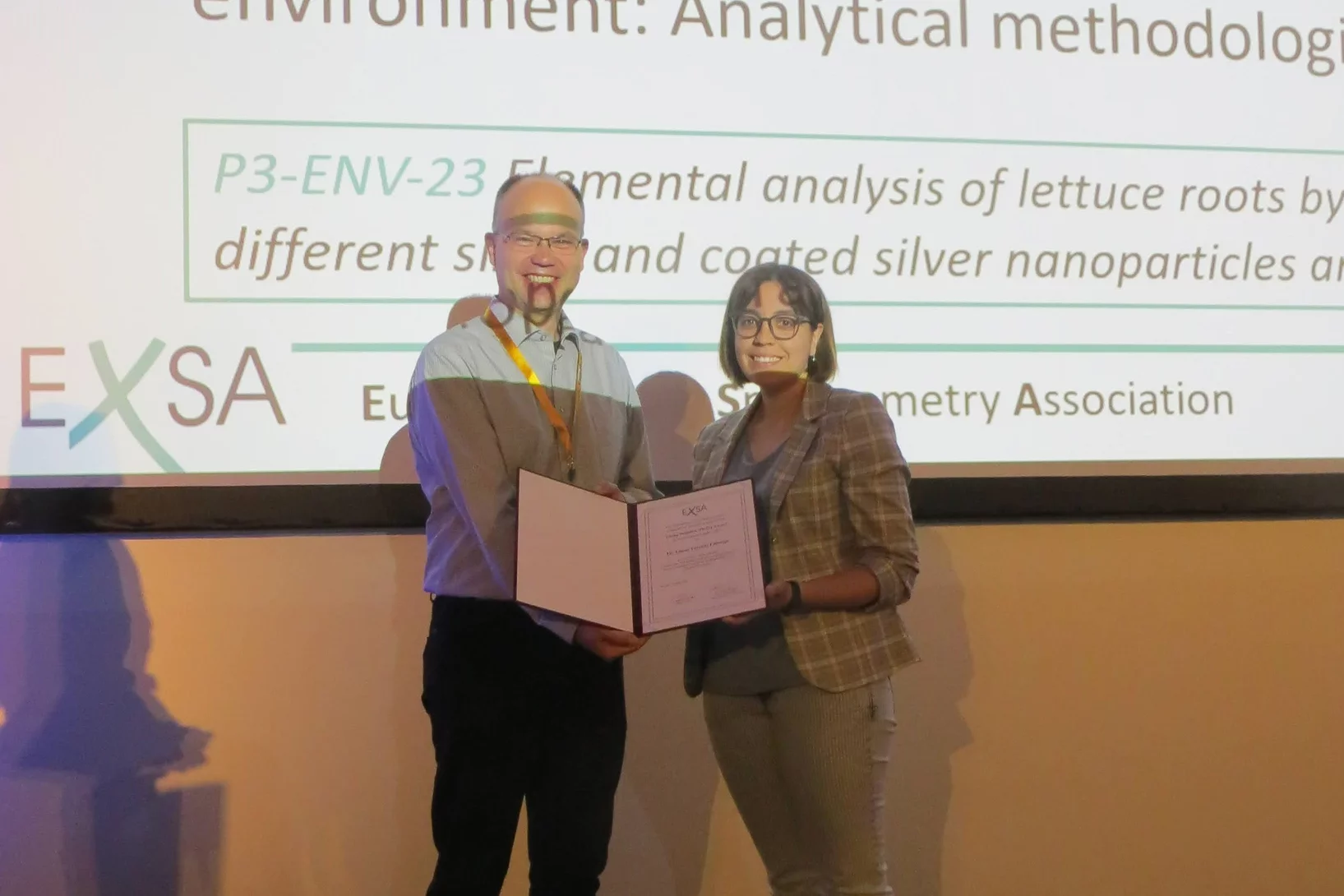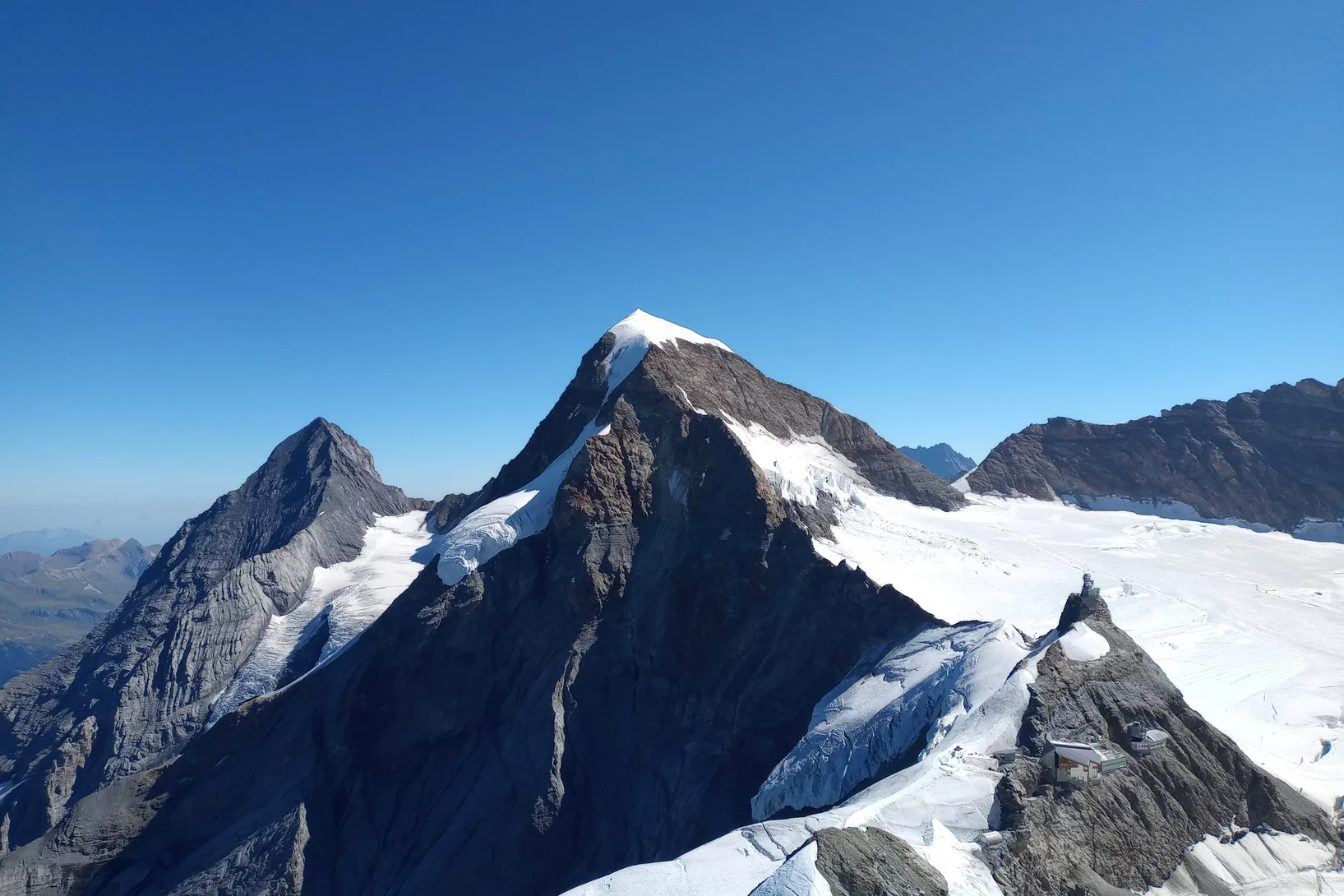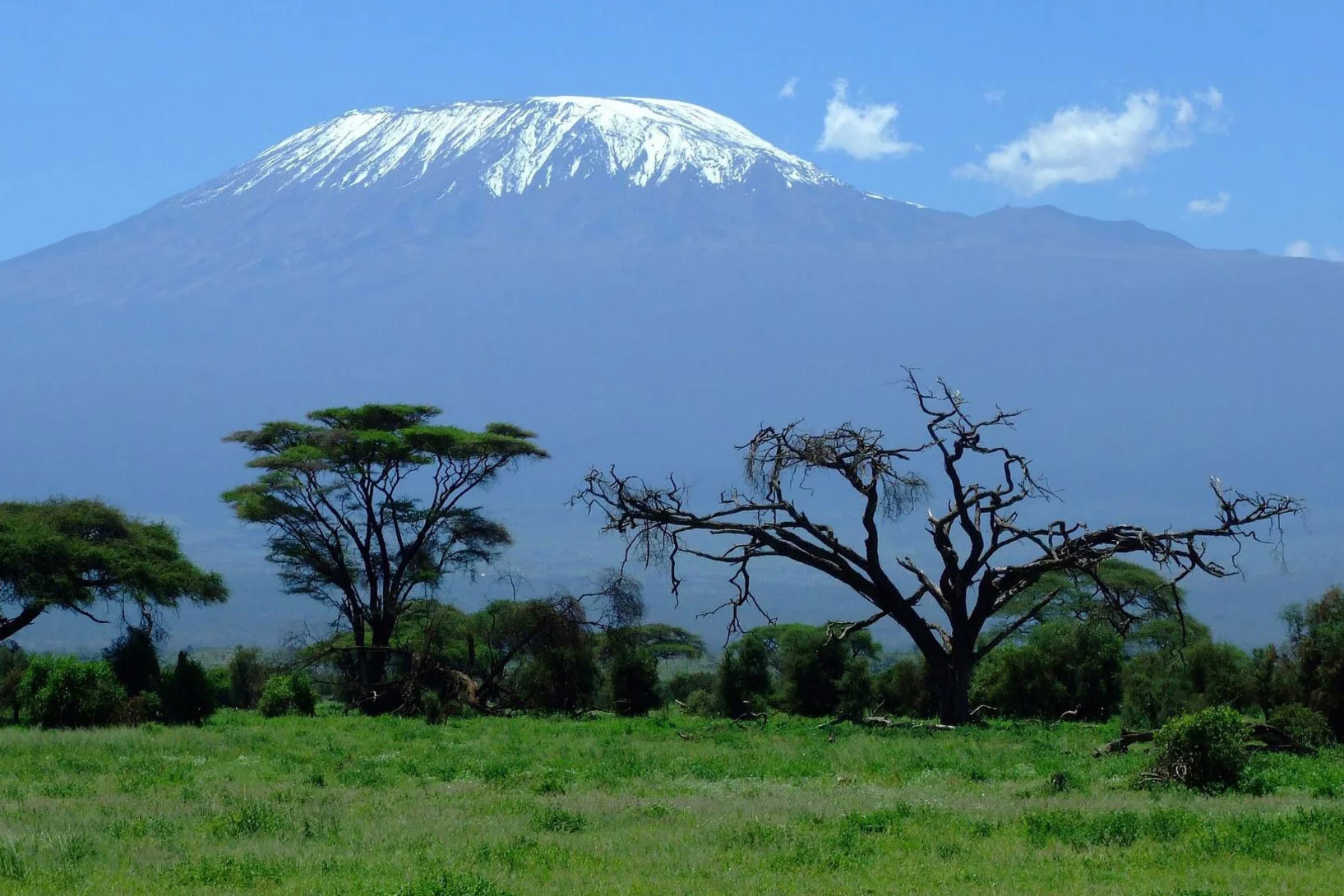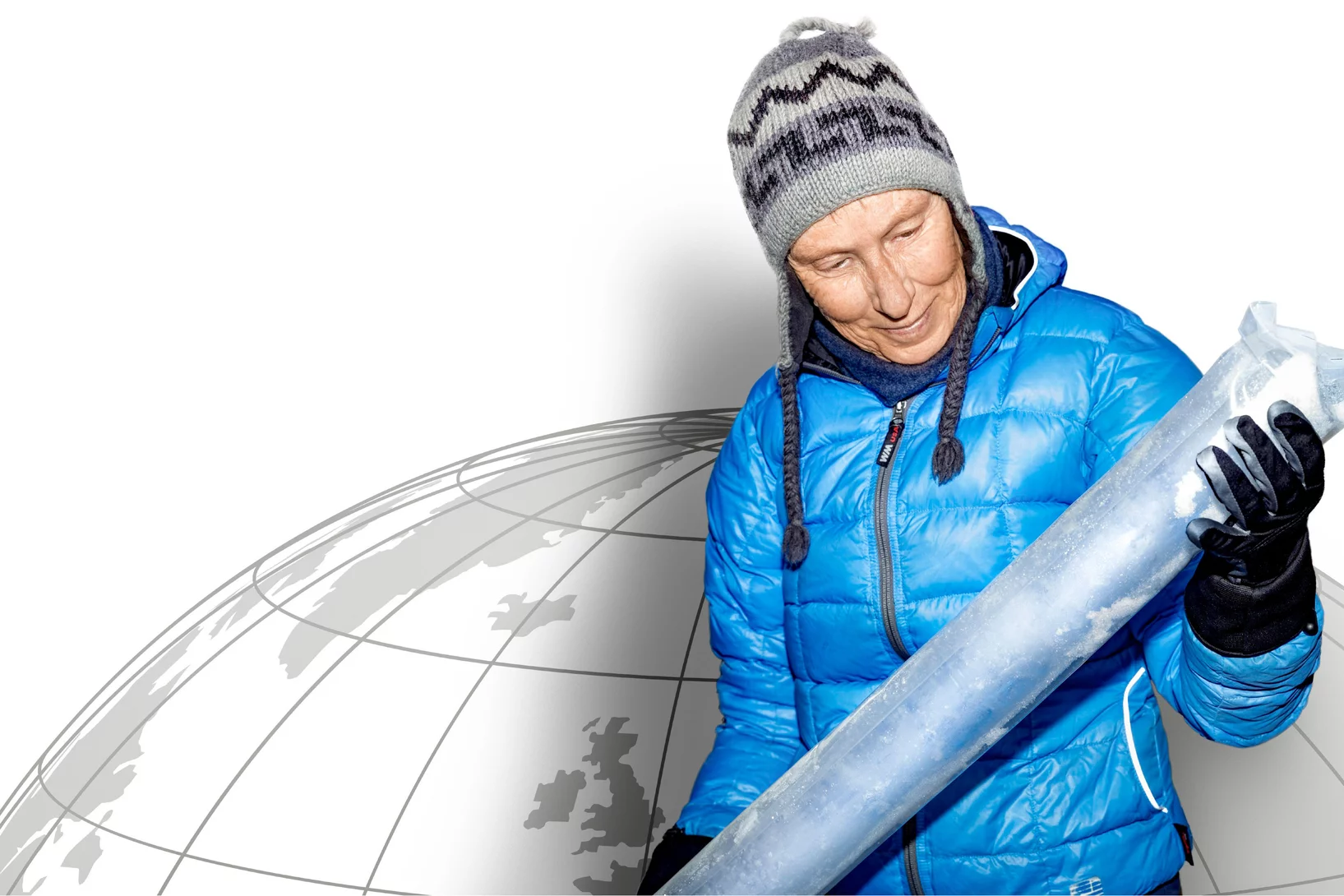iLab and Synfuels at the Energy Days! at the Swiss Museum of Transport
October 18, 19, and 20, 2024
The iLab from the Paul Scherrer Institute will be part of the Energy Days with exciting workshops. Discover how we can store renewable energy using innovative technologies like Power-to-Gas and drive the energy transition forward.
How catalysts remove dangerous nitrogen oxides
In industrial catalysis, iron is not equal to iron.
Sources of smog in Beijing identified
Researchers at PSI are investigating the wide range of causes underlying smog in Beijing.
Sustainable aviation fuel from the PSI campus
In collaboration with climate start-up Metafuels, a pilot plant for the production of sustainable aviation fuel is being set up on the PSI campus.
Can aerosols stop global warming?
Injecting particles into the stratosphere to cool the earth? In our interview, PSI researcher Markus Ammann comments critically on the controversial subject of solar geoengineering.
How to clean up New Delhi’s smoggy air
PSI researchers are tracking down pathogenic aerosols in India.
How clean is hydrogen for the energy transition?
Hydrogen can play a crucial role in transitioning to a net-zero energy system – but it must be produced the right way.
Is climate-neutral air travel possible?
Air transport too is to become climate-neutral – how can sustainable fuels, like those developed at PSI, contribute to this?
Glacier melting destroys important climate data archive
PSI researchers analysed two ice cores from the Corbassière glacier on Grand Combin.
Deciphering the Skies: Lubna Dada receives Ambizione grant funding for "BioPSI" Atmospheric Research Project
Lubna Dada, Scientist at the Laboratory of Atmospheric Chemistry (LAC) at the Paul Scherrer Institute (PSI) was granted the Ambizione Grant 2023 with her project “Biological Particle Sources and Impact (BioPSI)”. Lubna’s journey of her visionary research project “BioPSI” is set to commence in January 2024, with the anticipation of welcoming a PhD student into the project.
How important is hydrogen for the energy transition?
Assessments by PSI energy expert Thomas J. Schmidt
Lubna Dada wins Swiss Aerosol Award 2023!
Dr. Lubna Dada, scientist at the Laboratory of Atmospheric Chemistry, at Paul Scherrer Institute received the Swiss Aerosol Award 2023 from the Swiss Lung Foundation in Bern for her excellent work on warm airmass intrusions from mid-latitudes into the Arctic.
New Study Reveals Surprising Climate Benefits of Agriculture
The big challenges our planet faces—like climate change, food supply, water, and biodiversity—are all interlinked. While agriculture continues to be the primary source of food for human kind, it imposes climate challenges especially through emissions like greenhouse gases and ammonia. To solve this, we need a new approach that reduces the harmful effects of farming on the climate.
Better batteries for electric cars
PSI researchers make physical and chemical changes in batteries visible.
How trees influence cloud formation
Researchers at PSI have taken a closer look at a previously disregarded factor in the formation of clouds. This could improve the accuracy of climate forecasting.
How can cobalt be reduced in EV batteries?
The electrification of transport is increasing. This means, more batteries are needed. However, some of these batteries contain an extremely problematic raw material: cobalt. PSI is researching alternatives.
Revolutionizing Renewable Processes: Ambizione Grant Winner Emanuele Moioli
Emanuele Moioli is one of the recipients of the prestigious Ambizione Grant awarded by the Swiss National Science Foundation (SNSF) on a yearly basis. With the great news of his award having arrived in August 2022, Moioli embarks on the journey of his groundbreaking project titled “Moving catalyst vs. Multi-catalyst: determination of the best reactor for the processing of unconventional feedstock,” set to commence this August 2023.
Climate-neutral air travel: Is it possible?
Above all, meeting this goal will require sustainable fuels and a reduction in air traffic.
Switzerland’s path to the net-zero target
The ETH institutions are pooling their expertise in pursuit of the net-zero target.
Extreme nighttime pollution in New Delhi air explained
PSI researchers find the cause of high nighttime air pollution in New Delhi
A greener alternative for aviation fuel
Air travel with no carbon footprint – PSI and the Metafuels AG develop a new technology to produce sustainable aviation fuel.
Andrea Baccarini – Winner of the Prix de Quervain
Andrea Baccarini, former PhD at the Laboratory of Atmospheric Chemistry at PSI won the prestigious Prix de Quervain.
"The skills I had acquired during my PhD were 1 to 1 transferrable in my role as a Development Scientist"
Susan Taylor completed her PhD at the Laboratory for Electrochemistry at the Paul Scherrer Institute in 2017. Today she works as a Senior Analyst at S&P Global and reflects with us on her PhD years at PSI.
SynFuel Initiative Meeting
On November 7th, the SynFuel Initiative project meeting between PSI and Empa scientists took place. This was the first time the scientists involved in the collaboration met in person as this was not possible before due to the pandemic. The scientists presented their work on the sub-projects of the SynFuel Initiative to each other and had an exchange. The day ended with a tour of the SLS and GanyMeth.
How mixing of atmospheric aerosols affects the environment
Peering inside atmospheric particles provides clues to effects on climate and health, finds Paul Scherrer Institute and University of British Columbia study.
“More objectivity would be helpful”
The current energy debate could do with more facts and less gut feeling – argue Thomas J. Schmidt, renewables expert, and Andreas Pautz, nuclear energy specialist.
EXSA Young Scientist Award goes to Laura Torrent!
Dr. Laura Torrent, Postdoc at the laboratory for bioenergy and catalysis, was awarded the European X-ray Spectrometry Association (EXSA) Young Scientist Award 2022 at the PhD Level for her Doctoral Thesis entitled "Occurrence and behavior of silver nanoparticles in the environment: Analytical methodologies and laboratory studies".
Jungfraujoch Carbon Balance Campaign measures wildfire emissions from southern Europe
The Jungfraujoch Carbon Balance Campaign is a measuring campaign within the ACTRIS project. It is conducted by the Paul Scherrer Institute in collaboration with the Stiftung HFSJG, Empa, FHNW, as well as groups from Lille (France), York (England), and Aerosol d.o.o. (Slovenia). The campaign’s aim is to comprehensively measure and characterize the diversity of carbon-containing molecules present in the air in hopes to obtain helpful information on their role in climate and weather relevant processes.
Collecting ice cores before it's too late
PSI researcher Theo Jenk talks about the challenges of ice core research during the climate change crisis.
“A race against time”
At a conference the international ice core science community discusses the latest developments in their field.
